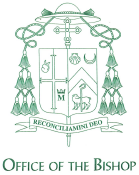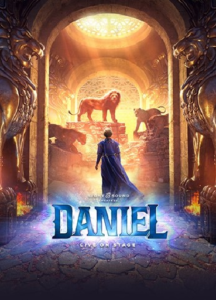
Good News!!! The deadline for Our Christmas Tree Campaign has been extended!!! The donation to sponsor one of these beautiful trees is $200. If you would like to sponsor a tree, please complete the Christmas Tree Form 2023 and return it, with a check made payable to “St. Matthias Church”, to the Parish Office. If you would prefer to make an online payment via ParishGiving, please click here. (Note: Families or groups may join together to sponsor a tree.)
If you are able and would like to help, volunteers are needed on SATURDAY, NOVEMBER 25th to move the trees to the field and light them up. We need at least 25 to 30 people to light the trees. This is an excellent opportunity to earn service hours for our high school students! We need at least 25 to 30 people to assist. Please bring scissors and wear gardening gloves. We work in pairs so bring a friend if you can. Work begins at 9 AM, with a good group, we will be finished by noon! Call the parish office if you have any questions.
We will bless and light the trees on SATURDAY, DECEMBER 2, 2023, following the 5:00 PM Mass. The trees will remain lit every night from 4:30 PM until 11:00 PM, through the Feast of the Epiphany on January 6, 2024. People are welcome to come to visit the trees and read the plaques throughout this time. Everyone driving by on JFK Boulevard will be reminded of the hope and peace that breaks into our darkness at Christmas time.
Be part of this beautiful Christmas celebration and “Spread the Light!”

 Letter of the XVI Ordinary General Assembly of the Synod of Bishops to the People of God
Letter of the XVI Ordinary General Assembly of the Synod of Bishops to the People of God

 Mass Intentions: It is an ancient and noble practice to pray for the living and the dead during Mass. The greatest and most powerful prayer we have is the Mass, since the fruits of the Mass are the very fruits of Jesus’ redemption made present to us. Therefore, so many of us seek to book a Mass intention for our loved ones, living or deceased.
Mass Intentions: It is an ancient and noble practice to pray for the living and the dead during Mass. The greatest and most powerful prayer we have is the Mass, since the fruits of the Mass are the very fruits of Jesus’ redemption made present to us. Therefore, so many of us seek to book a Mass intention for our loved ones, living or deceased.